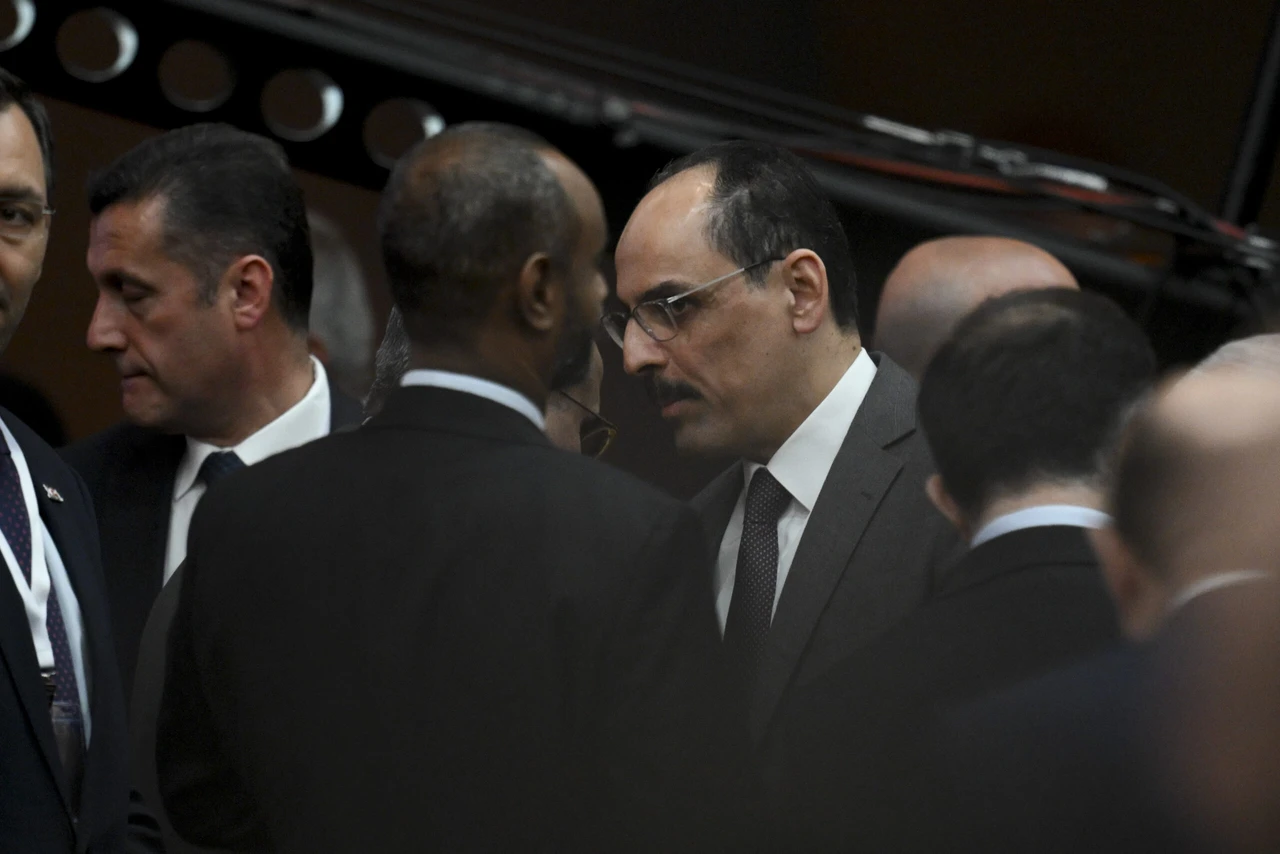Beyond borders: Worldwide humanitarian effort for Türkiye’s earthquake
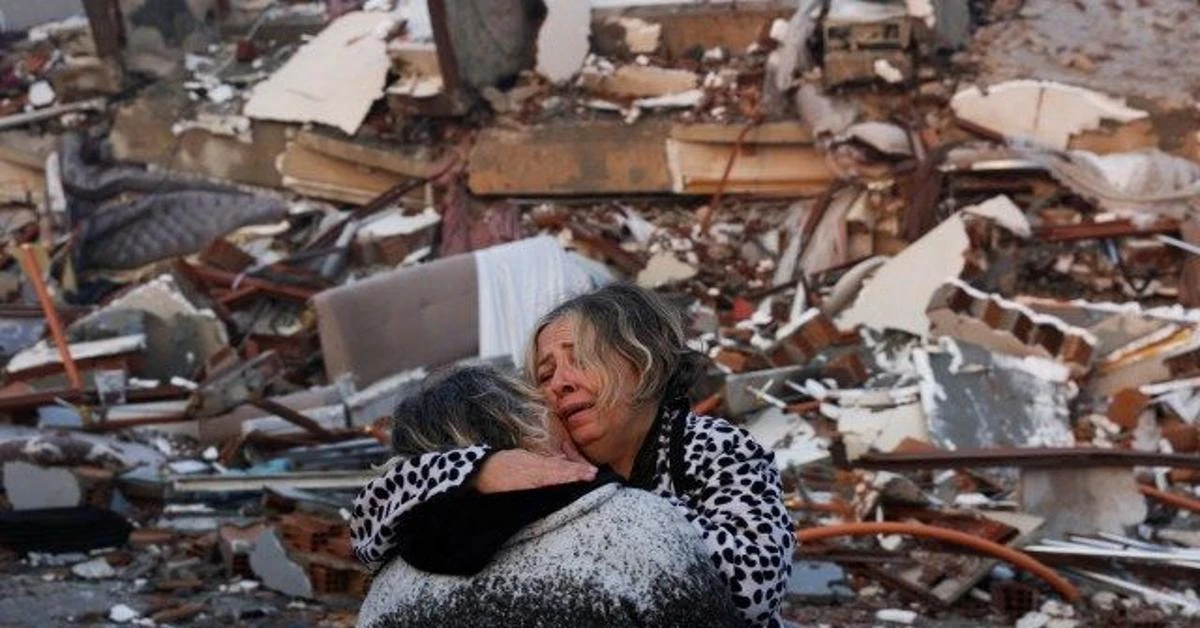
One year after the catastrophic earthquake in Turkey, global aid efforts continue to aid the country’s ongoing recovery from the aftermath
On Feb. 6, 2023, Türkiye faced one of its most devastating disasters. A massive earthquake, with its epicenter in Kahramanmaras, struck at 4:17 a.m., registering a magnitude of 7.7. Just nine hours later, a second quake hit Elbistan with a magnitude of 7.6.
These seismic events left a trail of destruction across 11 provinces, claiming over 53,537 lives and injuring 107,213 people. The scale of the disaster prompted Türkiye to declare a fourth-level alarm, calling for international assistance. The response from within the country and around the world was immediate and overwhelming.
National heroes laid foundation for recovery
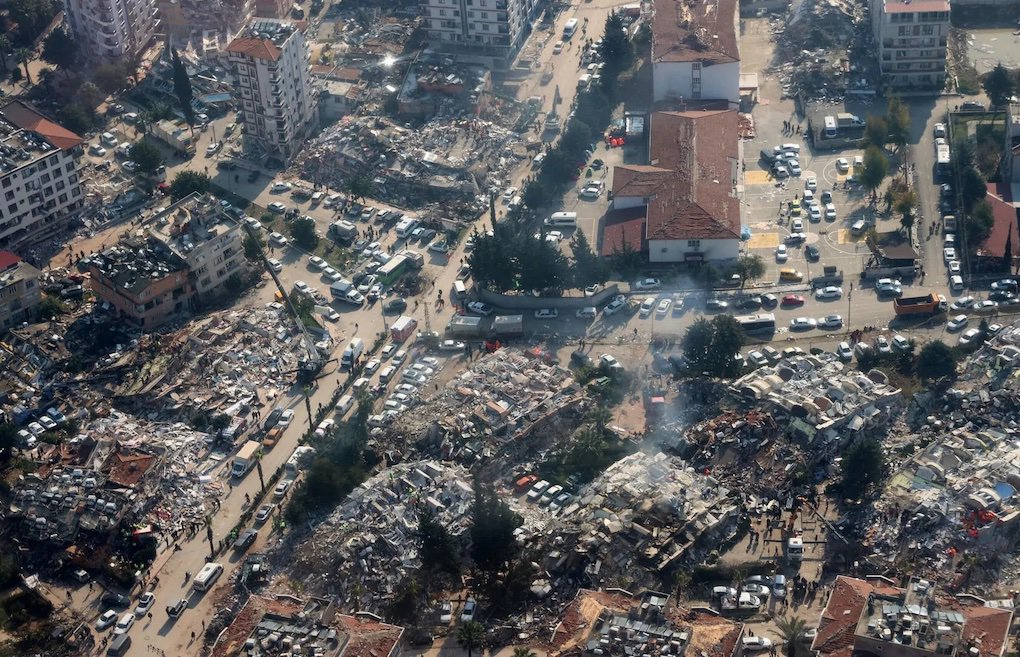
In the wake of the calamity, Türkiye saw an outpouring of support from its citizens. Individuals from all walks of life came together to provide emergency services, including search and rescue operations, health care, and the establishment of temporary shelters. The solidarity shown by the Turkish people laid the foundation for the extensive international aid that followed.
Countries across globe extend helping hand
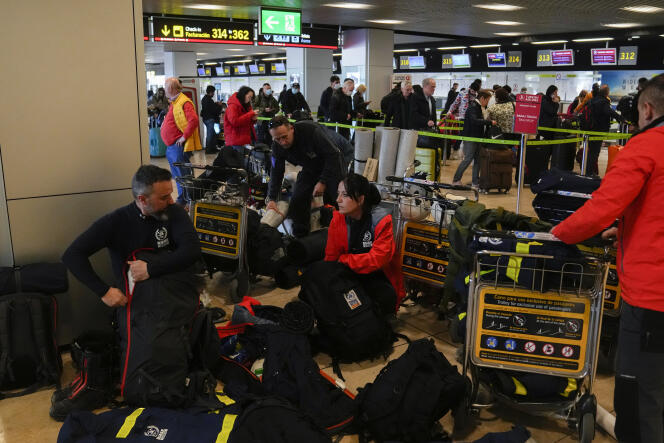
Following the declaration of a fourth-level alarm, over 90 countries heeded the call for aid. This unprecedented global response included deploying 11,488 international search and rescue personnel.
Azerbaijan led the way, being the first to send a team. The international community provided extensive support, including 294,743 tents, 12,685 containers, 30 field hospitals, and significant financial contributions.
Azerbaijan and Greece led the way
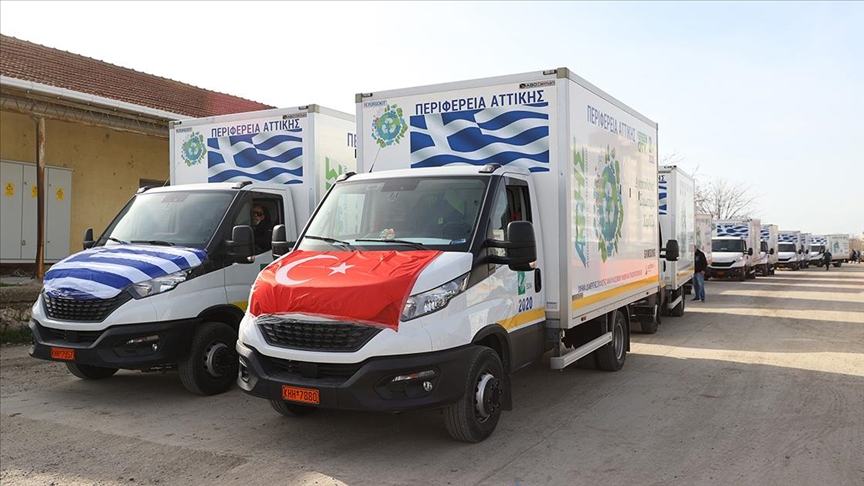
Azerbaijan quickly responded with a 370-member search and rescue team, setting the pace for other countries. Notably, Greece sent a 21-member rescue team and later 250 tons of humanitarian aid, demonstrating solidarity in crisis.
Germany, Austria, Belarus, Czech Republic, Armenia, Philippines, Finland, France, Georgia, Croatia, India, Netherlands, Iraq, Iran, Israel, Spain, Sweden, Switzerland, Italy, Japan, Montenegro, North Macedonia, Saudi Arabia, Taiwan, Turkmenistan, and Jordan sent teams specialized in search and rescue operations, showcasing their commitment to immediate crisis response.
Medical and health assistance
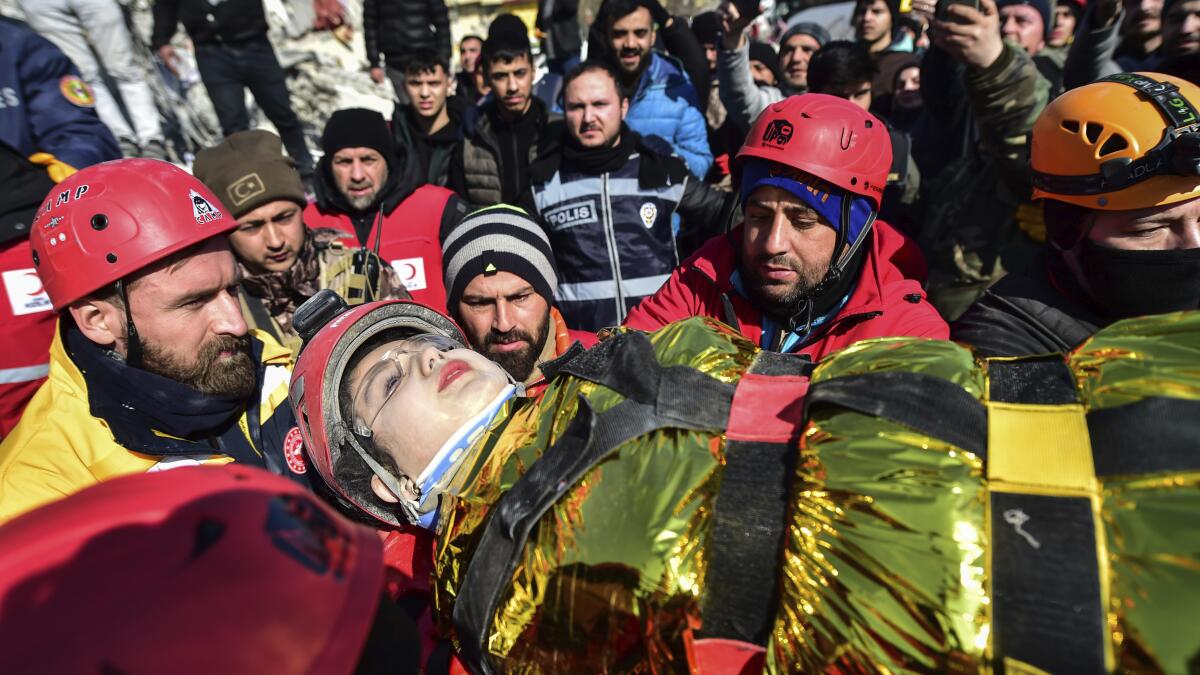
Belgium played a critical role in medical assistance by establishing a field hospital and providing essential medical aid. UAE extended its support beyond monetary contributions, sending medical supplies, setting up a field hospital in Abu Dhabi and dispatching various medicines.
France, Spain, India, Saudi Arabia and Jordan offered substantial support by either establishing field hospitals or sending medical teams and supplies. This international medical aid significantly alleviated the pressure on Turkish medical facilities, which were overwhelmed in the aftermath of the earthquake.
Monetary aid and fundraising campaigns
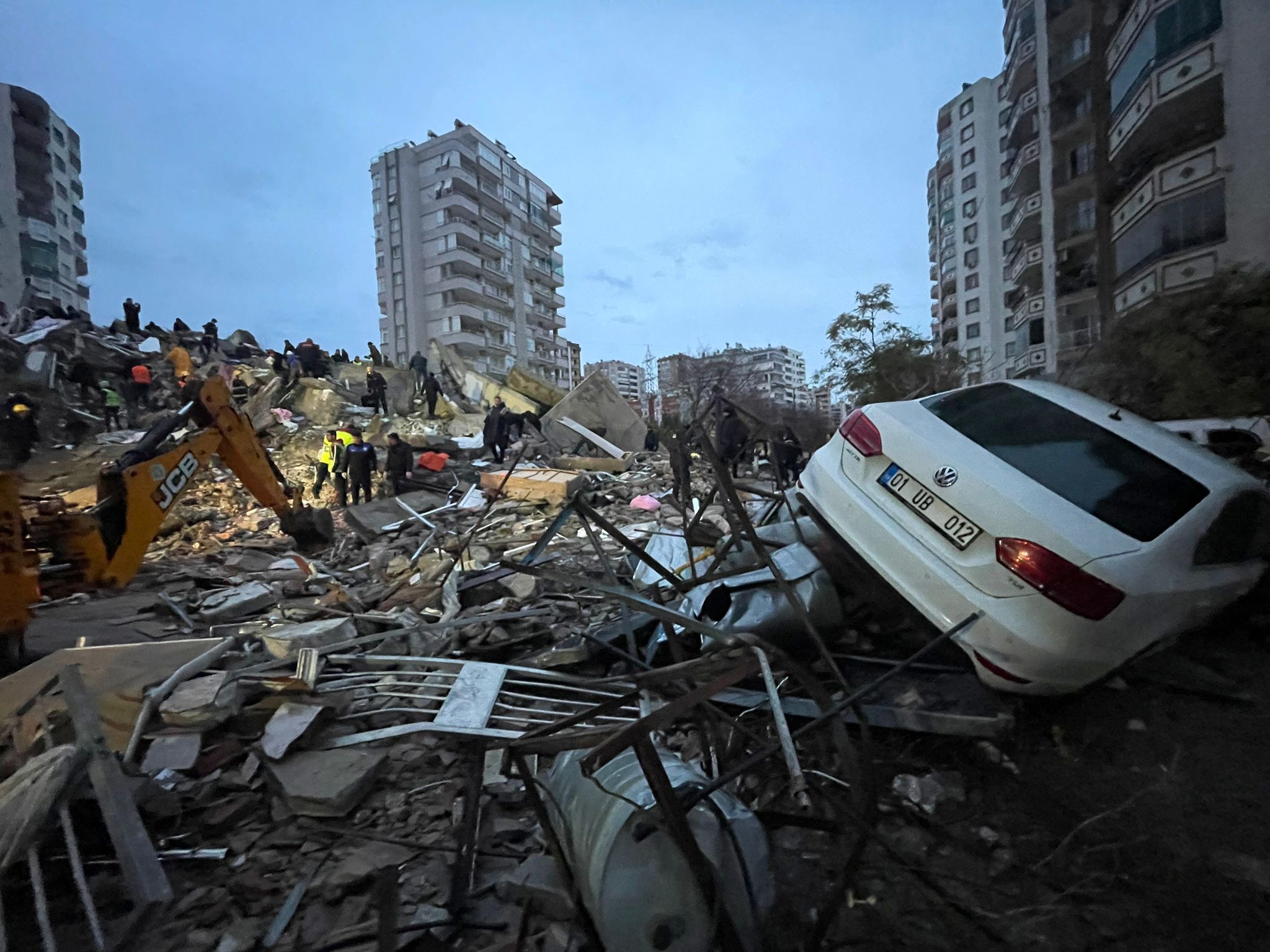
In a show of solidarity, Afghanistan contributed $111,000, a significant gesture considering its own internal challenges. The U.S., although not specified in monetary terms, sent equipment and rescue teams, indicating substantial financial support.
Australia announced a first-aid package worth $10 million. UAE made a generous cash donation of $50 million, with additional contributions coming from prominent figures and entities within the country. Kazakhstan provided $1 million in immediate cash support and raised nearly $15 million through fundraising efforts.
The emir of Qatar personally donated 50 million riyals ($14 million), with total contributions from Qatar amounting to around 168 million riyals. Saudi Arabia impressively collected over 350 million riyals through donation campaigns.
Taiwan pledged $200,000 for disaster relief, while Turkmenistan and Yemen also conducted fundraising campaigns alongside sending supplies.
Provision of shelter and basic needs
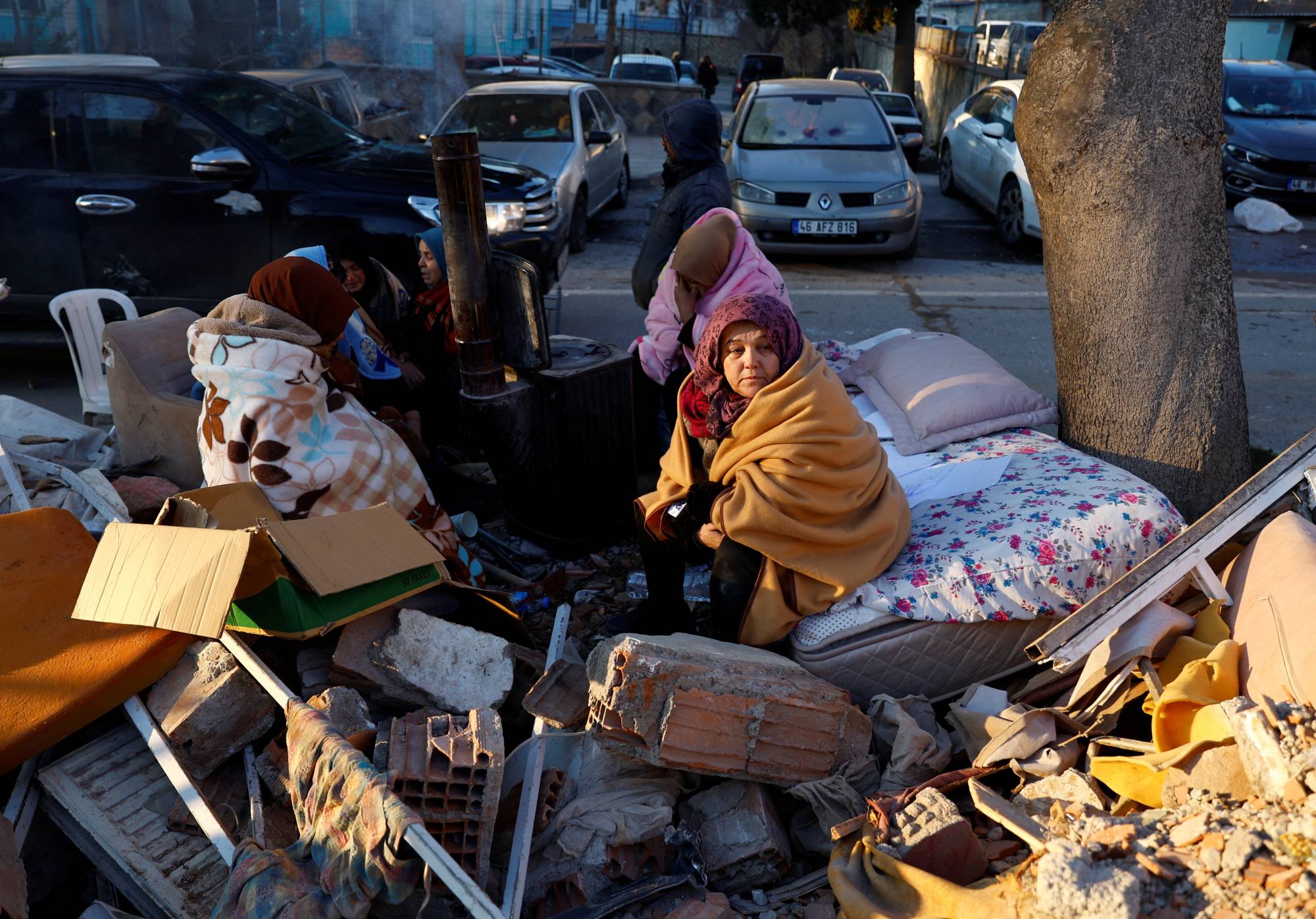
The UAE, Kazakhstan, Saudi Arabia, Turkmenistan, and Jordan sent a significant number of tents, container houses, and other shelter-related materials. Qatar’s contribution was noteworthy, providing thousands of container houses and tents, along with approximately 600 tons of humanitarian aid.
Saudi Arabia built 3,000 container houses in the affected areas, demonstrating their commitment to long-term support. The Netherlands, Iraq, Iran, and Italy also participated actively, sending necessary items like blankets, hygiene products, baby diapers, winter clothing, heaters, etc., to cater to the basic needs of the earthquake survivors.
Other notable contributions
Bulgaria’s fundraising effort to support the earthquake victims was meaningful. Iraq contributed to the rescue operations by sending 100 construction machines and various relief materials.
As Türkiye continues to rebuild a year after the earthquakes, the impact of international support remains significant. The global effort to assist Türkiye in its recovery will be remembered as a pivotal moment of cross-border cooperation and empathy.

